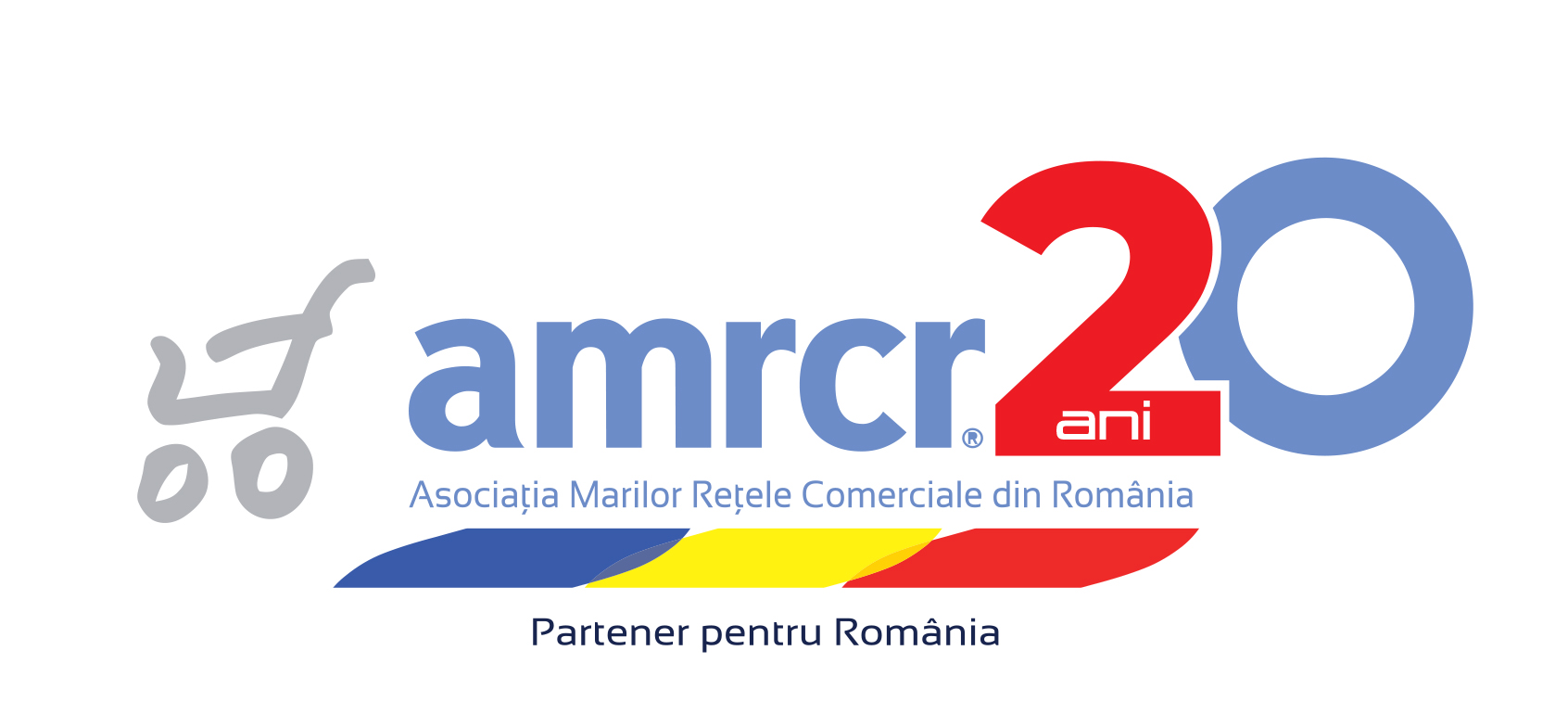The European Commission launched the New Consumer Agenda to empower European consumers to play an active role in the green and digital transitions. The Agenda also addresses how to increase consumer protection and resilience during and after the COVID-19 pandemic, which brought significant challenges affecting the daily lives of consumers. More concretely, the Agenda puts forward priorities and key action points to be taken in the next 5 years together with Member States at European and national levels.
Empowering consumers and ensuring better protection
The New Consumer Agenda presents a vision for EU consumer policy from 2020 to 2025 focusing on five key priority areas:
1. Green transition – The Commission aims to ensure that sustainable products are available to consumers on the EU market and that consumers have better information to be able to make an informed choice. Next year, the Commission will present a proposal to equip consumers with better information on the sustainability of products and to fight practices, such as greenwashing or early obsolescence. The Commission will also promote repair and encourage more sustainable and “circular” products. The green transition cannot happen without companies – the Commission is determined to work with economic operators to encourage their pledges in support of sustainable consumption, beyond what is required by law.
2. Digital transformation – The Commission aims to tackle online commercial practices that disregard consumers’ right to make an informed choice, abuse their behavioural biases or distort their decision-making processes, such as dark patterns and hidden advertising. In addition, consumers’ interests need to be duly taken into account when setting rules governing the digital economy and requirements for Artificial Intelligence (AI). To adapt current rules to the ongoing digitalisation and the increase of connected products, the Commission will also review the directive related to product safety. As there is a need to reinforce consumer protection regarding digitalisation of retail financial services, the directives for consumer credit and marketing of financial services will be reviewed.
3. Effective enforcement of consumer rights –The Commission will assist Member States in the timely implementation and enforcement of consumer law, including through the Consumer Protection Cooperation network. The Commission will also support national authorities, such as by deploying a toolbox of innovative e-tools to strengthen national authorities’ capacity to tackle illegal online commercial practices and identify unsafe products.
4. Specific needs of certain consumer groups – Certain groups of consumers in certain situations can be particularly vulnerable and need specific safeguards, for instance children, older people or those with disabilities. The Commission will look into requirements for childcare product standards. In relation to those with financial vulnerabilities, exacerbated by COVID-19 crisis, the Commission will increase funding for improved debt advice in Member States.
5. International cooperation – In a globalised world in which online purchases transcend borders, cooperation with international partners has become crucial. The Commission will develop an Action Plan with China in 2021 to enhance the safety of products sold online.
DOCUMENTS:

